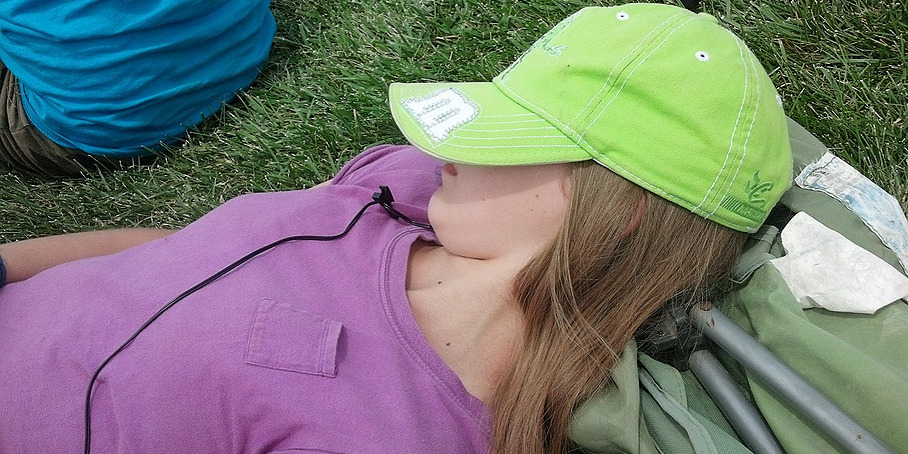Why are teens always tired?
Trouble getting up on school days, dozing off in class, marathon lie-ins at weekends… It may feel like your teenager is sleeping their life away.
In fact, the opposite is probably true. Sleep experts say teens today are sleeping less than they ever have.
This is a worry, as there’s a link between sleep deprivation and accidents, obesity and cardiovascular disease in later life.
Lack of sleep also affects teenagers’ education, as it can leave them too tired to concentrate in class and perform well in exams.
Teenagers’ sleep patterns
Our sleep patterns are dictated by light and hormones. When light dims in the evening, we produce a chemical called melatonin, which tells us it’s time to sleep.
The problem is that modern life has disrupted this pattern. Bright room lighting, TVs, games consoles, mobiles, tablets and PCs can all emit enough light to stop our bodies producing melatonin.
On top of this, research suggests that teenagers’ body clocks are set later than adults’ and younger children’s.
In other words, they’re programmed to stay up later, and also get up later, than the rest of us.
This would not be a problem if your teenager did not have to get up early for school.
These early morning wake-up times mean they’re not getting the 8 to 9 hours of sleep they need. The result is a tired, cranky teenager.
Tips for better teen sleep
Catching up on sleep at weekends is not ideal. Late nights and long lie-ins will just disrupt your teenager’s body clock even more.
However tired they feel, teenagers should avoid lie-ins at the weekend. They should also get out into the daylight during the day.
Both these things will help to keep their body clock regular, and make it easier to go to sleep and get up at a reasonable time.
Learn More
For more information about energy, fatigue, and sleep, the following resources may be helpful.
- Canadian Sleep Society. https://css-scs.ca/
- National Sleep Foundation: https://www.sleepfoundation.org/
- Sleep Apnea. Government of Canada. https://www.canada.ca/en/public-health/services/chronic-diseases/sleep-apnea.html
- Resources and prevention strategies to manage Fatigue in the workplace. Public Services Health and Safety Association. https://www.pshsa.ca/fatigue/
- Fatigue Answer Sheet. Canadian Occupational Centre for Occupational Health and Safety. https://www.ccohs.ca/oshanswers/psychosocial/fatigue.html
Source: Adapted from information provided the National Health Services (UK) open licence.













